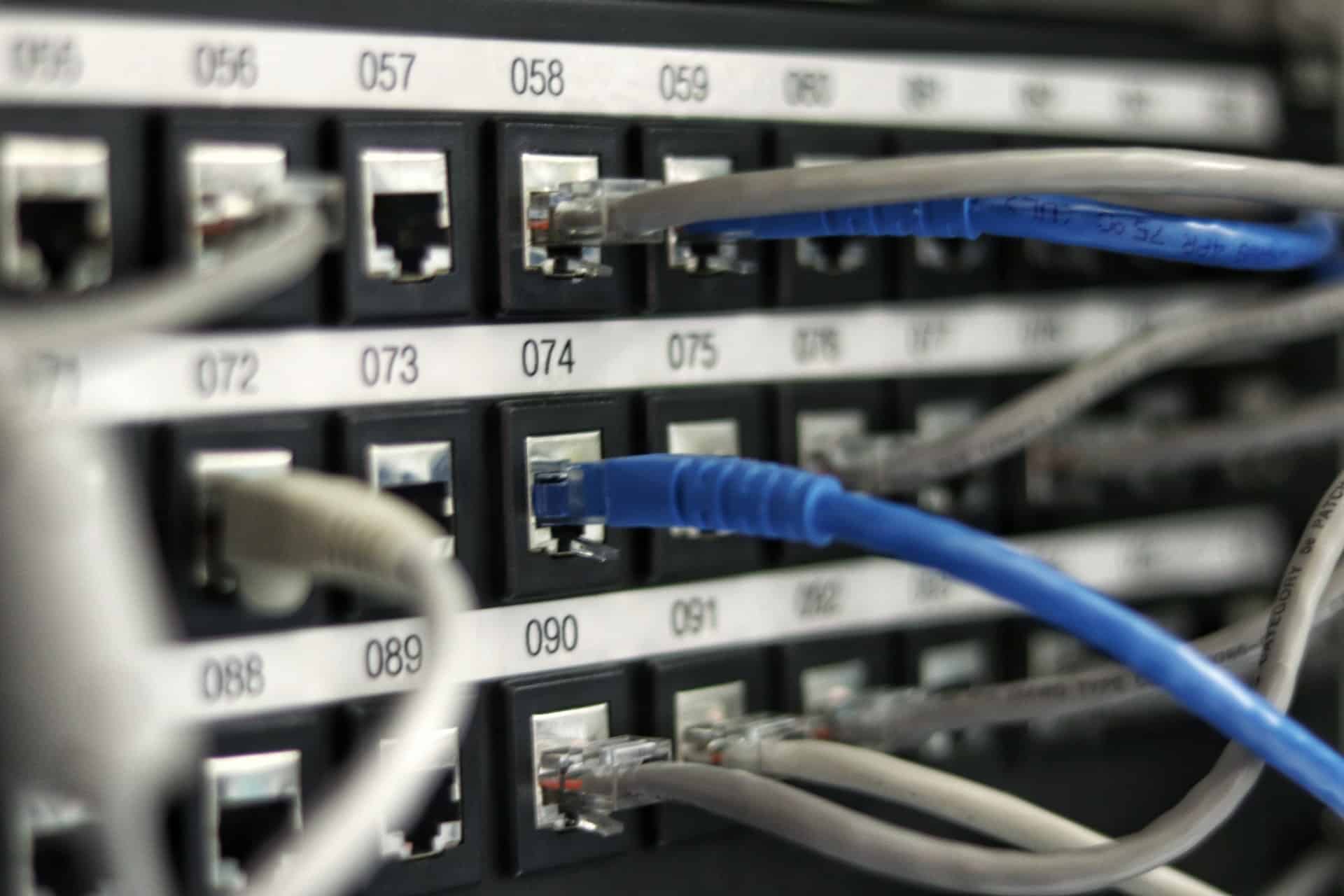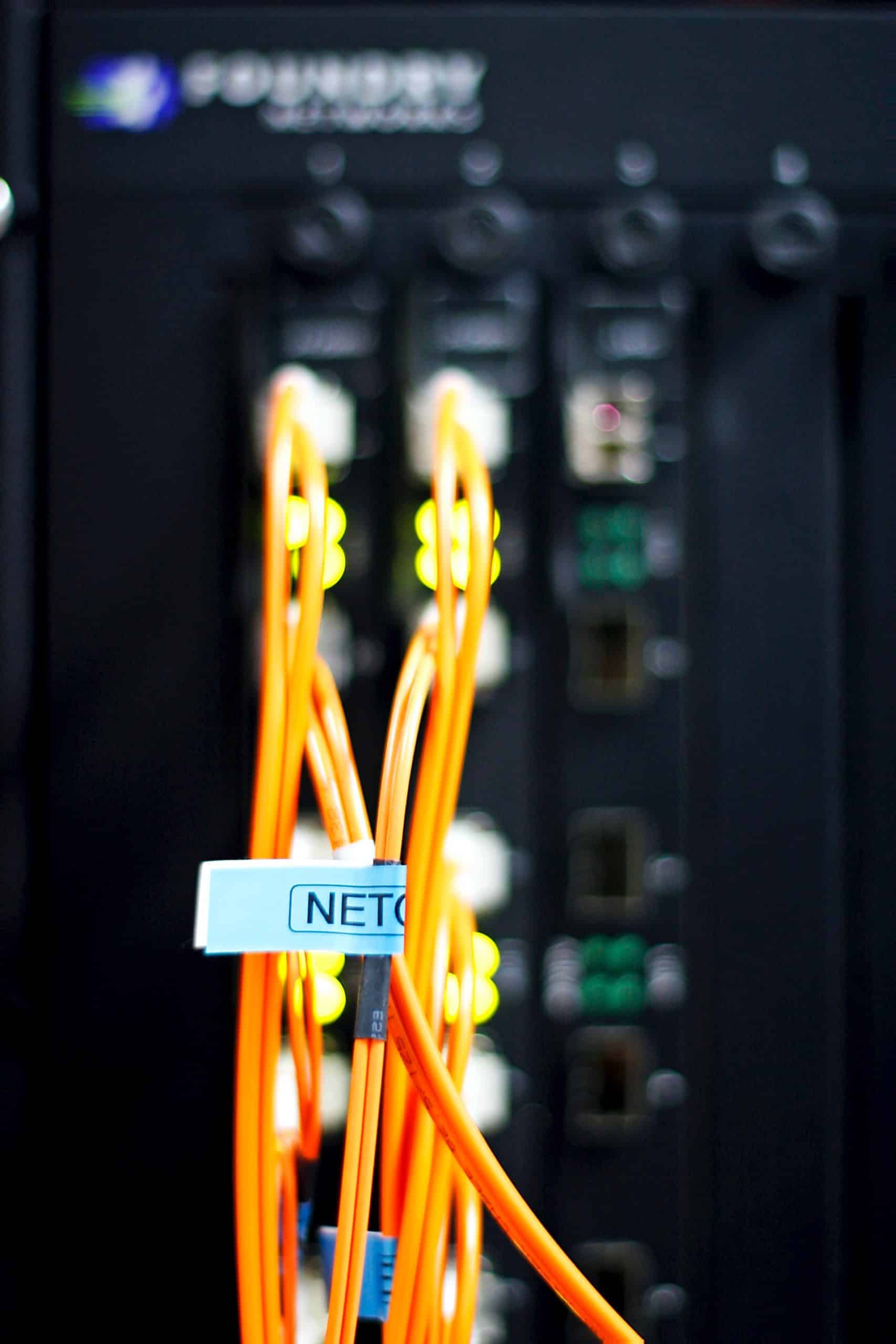Computer networks have provided extended connectivity to the world, now with the help of the internet, you can gain any information within a blink of an eye. Internet is a combination of networks that operate in their full capacity to fulfill the requirement of users, some of these networks are public networks others are private networks. Public networks are those which can be accessible to the general public and private are the ones which are used by specified users to keep themselves hidden while performing their activities and work with maximum security.
Netizens are aware of the networks but often they are blind to the types of IP addresses, specifically the Public IP and the Private IP, that make up a device’s identity. It’s more vital than ever to understand how your device’s IP address may expose you to the internet, as more individuals work from home and cybercrime is on the increase.
In this post, we’ll go through Private and Public IP addresses, their benefits, and drawbacks, as well as provide you with an honest assessment of which IP has a superior edge over the other. Let’s get started right away.
IMAGE: UNSPLASH
Understanding Private IP Address
Intranet addresses are not routable on the Internet and can only be accessed from within a local network, so they may only be utilized in that manner. The following subnets are examples of private IP addresses: Classless Inter-Domain Routing (CIDR) is a method for addressing networks using a range of 10.0.0
For security, business networks make use of private IP addresses since an external host would have a difficult time connecting to a system using them. Private IP addresses are also utilized to limit network access, which improves security.
Features Of Private IP Address
- It is focused on completing a task or project inside the local network.
- This is used to communicate with other networked devices.
- A sequence of digits (IP string) that may be used by different equipment in distinct networks.
- To discover information about it, you’ll need to access the router’s or device’s interface.
- The IP address is generally assigned by the network devices, such as the router.
- It’s available to all users at no cost.
- Class A – 10.0.0.0 – 10.255.255.255;
- Class B – 172.16.0.0 -172.31.255.255;
- Class C -192.168.0.0 – 192.168.255.255
Benefits Of Private IP Address
Optimum Security
The most apparent benefit of a private network is that it is not exposed to the same dangers as a Public IP.
According to a survey of security experts, the average data breach costs an organization $6.6 million in lost business and repair expenses. A small business dealing with sensitive material may benefit from having a secure private network.
Self-Governing
A private network is not susceptible to technical difficulties that may affect the performance of an external network. The functioning of a private network is not affected by external server outages or disruptions in Internet connection availability.
Because a private network requires no additional hardware, all that is necessary for it to operate is the infrastructure, such as switches and routers. This allows network issues like viral infections or server failure to be handled promptly rather than waiting for an Internet provider or server administrator’s response.
Drawbacks Of Private IP Address
Stand-Alone Network
There are two sides to being isolated from other networks. While the isolation of a private network improves its security, it also prevents network IP addresses from connecting to public networks and communicating with other devices.
Due to the company’s private network setting, no information or digital software updates may enter the network without being physically carried. Staff might communicate with one another, but they are unable to contact clients, suppliers, or vendors because of the company’s private network restriction.
Total Cost
Aside from capacity limitations, servers are limited by only the server’s capability. The expense of server space and connecting equipment is entirely paid for by a single network provider. Because the computer must use two IP addresses to communicate both over the private network and with the external world, private networks with one PC connected to an external network necessitate more setup and upkeep.
Understanding Public IP Address
An IP address that may be accessed straight over the internet and is assigned to the networking device by an ISP’s is a public IP address. Instead of using a gadget that is connected to the networking devices, which would be a router, a wireless network device with an Internet Facing IP or Public IP rather than a gadget that you are employing that is connected to the network’s networking devices.
Features Of Public IP Address
- Its scope is effective over all the internet.
- For it to be utilized over the internet, it must travel via the web.
- Avoid using a number that is currently in use.
- It’s simple to search on Google by putting a query.
- You receive a public IP from the service provider.
- It’s a service that’s paid for and charged by the ISP.
Advantages Of public IP Addresses
Connectivity to Internet
It’s a considerable fact that Public IP is connected to the internet directly, this connectivity provides the opportunity for the software to upgrade in time,
Freedom Of Communication
As there are no restrictions are in place, communication can be done easily at any level without facing any issues.
Disadvantages Of Public IP addresses
Security Issues
Although bringing an ocean of advantages, the Public IP is not secured enough as it has no extended security features available, the user must do it at his end by applying the required parameters.
The public IP address can easily be traced by the intruders, they can hunt you down and put your real information in their bucket which ultimately is sold to the third party against a handsome amount of money.
Conclusion
Both types of IP addresses have their pros and cons, it entirely depends on the user’s preference to choose among them.
If the network administrator needs to make the network very secured and unreachable by the general public, should choose to implement Private IPs, but one must be aware of the disadvantages which are given above i.e., no-upgradation of software, lack of communication outside the network, and the cost attached to this sort of IP Address.
If the webmaster’s preference is to make the network accessible for everyone, in this scenario Public IPs can be used. Public IPs are easy to handle as they are controlled by the ISP, the software can easily be updated and one can communicate outside the network easily but using public IP is vulnerable as they can easily be exploited and hunted down.
The only edge of a private IP address over public IP address is “Security”, if you want optimum security of the network and want to remain more anonymous to the outside world you must use a Private IP address otherwise a public IP address is more than enough to use.
If you are interested in even more technology-related articles and information from us here at Bit Rebels, then we have a lot to choose from.


COMMENTS